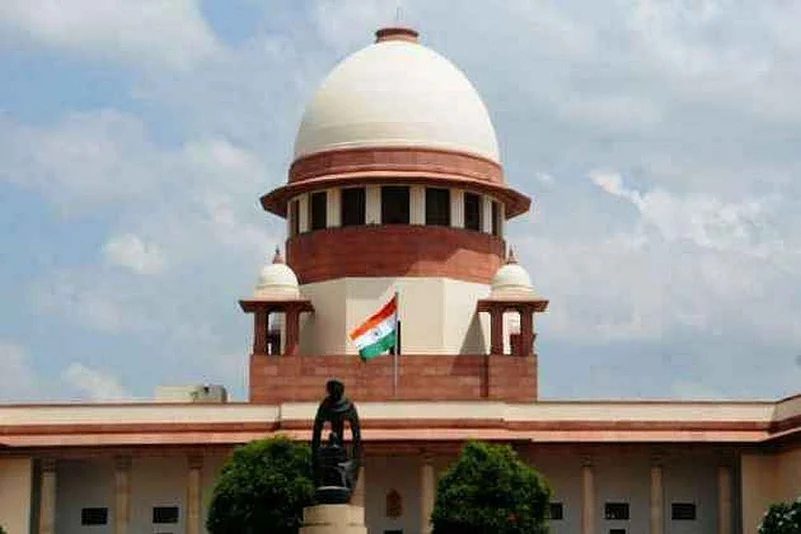The Supreme Court on Friday questioned the Centre on the appointment of a regular CBI director, saying that it was "averse" to the appointment of an interim chief for the agency for a long period.
A bench comprising justices Arun Mishra and Naveen Sinha said the post of CBI director was sensitive and the government should have appointed a regular director by now.
Attorney General K K Venugopal told the court that a high-powered committee, headed by the prime minister, will hold a meeting on Friday to select a new CBI director.
He also told the court that the Centre had taken the approval of the high-powered committee before appointing IPS officer M Nageswara Rao as the interim CBI director.
Taking account of the attorney general's submissions that the committee will hold a meeting on Friday, the apex court posted the matter for hearing on February 6.
The bench was hearing a petition of NGO Common Cause challenging the appointment of Rao as interim CBI Director.
During the hearing the bench said the process of appointing a CBI director should have been over by now as it was known that the earlier CBI chief was going to retire in January.
The court also told the attorney general that the new CBI director who would be appointed must "trace the movements of files" during the period when former CBI chief Alok Kumar Verma was reinstated to the post for two days.
The attorney general placed before the bench in a sealed cover the minutes of the meeting of the high-powered committee held earlier.
The last meeting of the committee took place on January 24 but it remained "inconclusive".
Advocate Prashant Bhushan, appearing for the petitioner NGO, told the bench that the apex court must also look into the aspect of transparency in the process of appointing the CBI director.
"You want an immediate appointment. Let us stop there. Let the appointment be made first.If you have any grievance that the process is not followed and transparency was not there then you can challenge it later," the bench told Bhushan.
The top court on Thursday had set up a fresh bench headed by Justice Arun Mishra to hear a petition challenging the Centre's decision to appoint Rao as interim CBI director after Justice N V Ramana had recused himself from hearing it citing social reasons.
Justice Ramana had expressed his disinclination to hear the matter saying he belongs to Andhra Pradesh, from where Rao hails, and had attended the wedding of the IPS officer's daughter who is married to an advocate known to him.
He became the third judge of the apex court to recuse himself from hearing the matter after Chief Justice of India Ranjan Gogoi and the second senior-most judge in the top court Justice A K Sikri. Both had recused themselves earlier from adjudicating the case.
In its petition in the apex court, the NGO has sought specific mechanisms to ensure transparency in the process of appointing the CBI director.
It has alleged that Rao's appointment was not made on the basis of the recommendations of the Selection Committee.
The plea has alleged that the October 23 last year order of the government appointing Rao as interim CBI director was quashed by the top court on January 8 but the Centre "acted in a completely mala fide, arbitrary and illegal manner" to appoint him again in "complete contravention" of the Delhi Special Police Establishment Act.
It has sought a direction to the Centre to appoint a regular CBI director forthwith.
The plea has also sought immediate direction to the government to ensure that "all records" of deliberations and rational criteria related to short-listing and selection of the CBI director be properly recorded and made available to citizens in consonance with the provisions of the RTI Act.
(PTI)
















